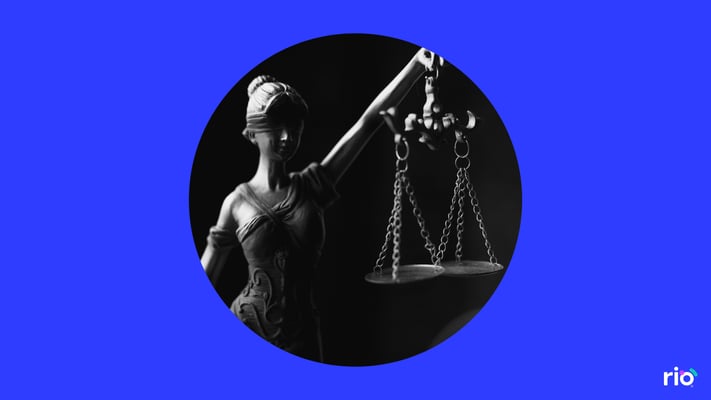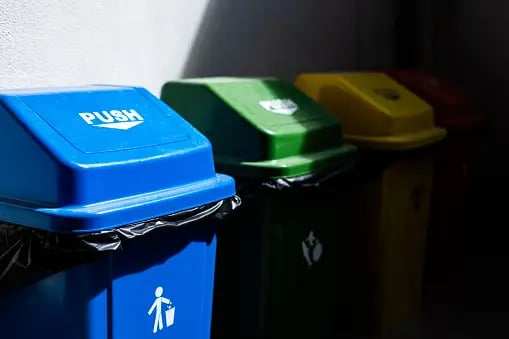Our Carbon Footprint is defined as:
The total amount of greenhouse gases produced to directly and indirectly support human activities, usually expressed in equivalent tons of carbon dioxide (CO2).
In other words, when we drive a vehicle, the engine burns fuel which creates a certain amount of CO2, depending on its fuel consumption and the distance being driven.
When we heat our homes or offices with oil, gas or coal, CO2 is generated. Even if a property is heated with electricity, the generation of the electrical power will probably have emitted a certain amount of CO2.
The production of the food and goods we buy, will have also emitted some quantities of CO2.
The Carbon Literacy Project
The Carbon Literacy Project offers everyone a day’s worth of Carbon Literacy learning, covering – climate change, carbon footprints, how you can do your bit, and why it’s relevant to you and your business.
The Carbon Literacy Project is globally unique – there is nothing else quite like it anywhere. It was recognised as such by the UN at COP21, in Paris, where it was awarded as a TAP100, one of 100 worldwide Transformative Action Programs.
Carbon Literacy is aimed at three distinct audiences – Those that live, Those that work, and Those that study. This allows it to capture all audiences in our aim to offer every citizen Carbon Literacy learning.
So what is Carbon Literacy?
Carbon Literacy is a term used to describe an awareness of climate change, and the climate impacts of mankind’s everyday actions. The term has had occasional use in scientific literature and casual usage but now is almost exclusively associated with The Carbon Literacy Project.
Carbon Literacy is the knowledge and capacity required to create a positive shift in how mankind lives, works and behaves in response to climate change.
Learners who have completed a days’ worth of Carbon Literacy learning can be certified as ‘Carbon Literate’. Organisations that have a Carbon Literate workforce can be accredited by The Project as a ‘Carbon Literate Organisation’ (CLO).
Carbon Literacy Event
I recently attended an event held by the Carbon Literacy Project and have become certified as Carbon Literate.
The event covered the basics of climate change science, how we know it's happening, how climate change will affect us in the future, what we are doing about it and what we can do about it.
It was interesting to see the wide range of organisations attending this event; an encouraging sign that they want to be better informed and implement strategies to offset their carbon output and ultimately become carbon neutral.
Carbon Offsetting
Lots of organisations (and people individually) are implementing carbon offsetting strategies.
Our responsibility starts with measuring our harmful emissions, or carbon footprint. There are lots of advice available on how to reduce our footprint, but inevitably there’s always some emissions left. That’s where carbon offsetting can help.
Good carbon offsetting compensates for a harmful footprint by paying for a project to reduce the equivalent emissions somewhere else, for example replacing a coal-fire electricity plant with wind turbines, or by simply planting trees. Because emissions are dispersed throughout the atmosphere, this compensates for the carbon footprint you were not able to reduce.
Our online platform Rio, helps organisations to understand and manage their sustainability data, contact us to find out how Rio can help manage and measure your organisations carbon footprint.
The World Wildlife Fund have a really good Environmental (Carbon) Footprint Calculator which you can access here. Have a go at answering the questions and see if you can improve your score!
Ditto Sustainability's Blended Learning
One of the main 'take-aways' that came from the event was the need to do something now. We simply cannot keep waiting until tomorrow. The first step is to really understand what the whole carbon thing is all about, and how and why our actions are contributing to climate change; as if we know, we can start to do something about it.
Knowing and understanding is all about awareness and education.
If you would like to attend a Carbon Literacy event, or a range of sustainability-themed blended learning being scheduled into our 2020 events calendar, please visit our Eventbrite page and 'follow us' to be kept up to date on our events as we schedule them.
If you cannot attend any of events, please check-out our online learning modules, or contact me to have bespoke content developed for your business.










